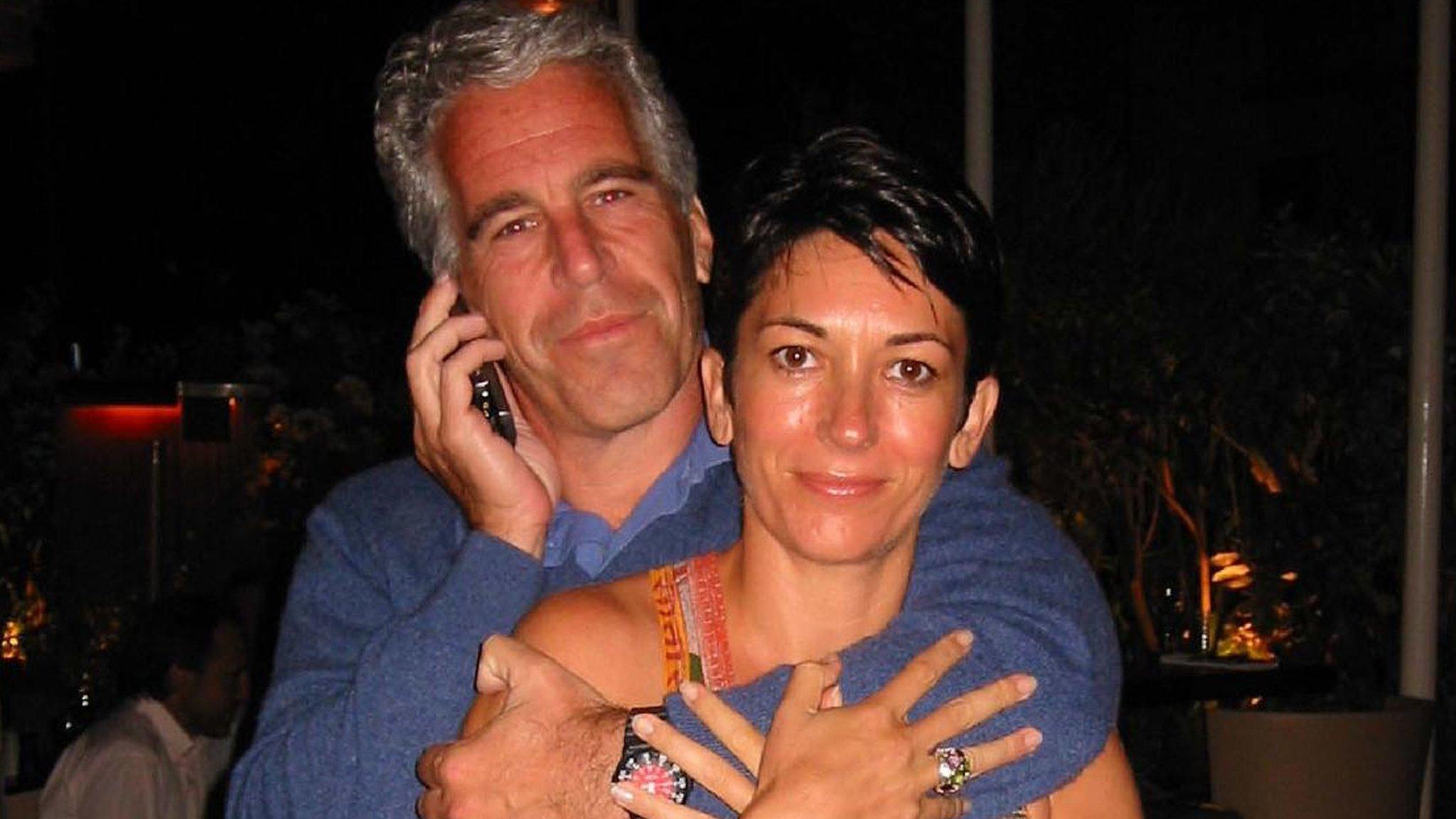Ghislaine Maxwell: We still want answers, says survivor
- Published
Watch: 'We still want answers from Maxwell'
The 20-year jail sentence for Ghislaine Maxwell caps off one of the most dramatic chapters of her downfall - a high profile trial watched around the world that exposed some of her darkest secrets and sordid crimes.
For the survivors of the sexual abuse, this is a vindication and a significant step towards justice and healing. But they can never fully have closure, they said, while information about Epstein's crimes - from his death in prison to his many accomplices - remains shrouded in secrecy.
Speaking to the BBC about what Maxwell's conviction has meant to her, Annie Farmer - who was the fourth victim to take the stand and the only one to do so using her real name - recalled how intimidated she felt walking into the courtroom, yet also how determined she was to face Maxwell and to be heard.
"The 16-year-old she harmed had grown into a woman who was now able to use her voice to tell her story and tell the truth about what happened," she said.
Her account of abuse, which was corroborated by testimony from her mother and former boyfriend, helped secure Maxwell's sex trafficking conviction. The jury heard how her sister's wealthy boss, Jeffrey Epstein, had told her mother that he was having a retreat for students at his New Mexico ranch to help with their college plans. Ghislaine Maxwell would be the chaperone, he said.
But when 16-year-old Annie arrived, she was the only one there. Maxwell, she testified, groomed her for abuse by the paedophile Epstein. At one point during the nightmare trip, she was frozen in fear as Maxwell made her undress for an unsolicited massage and then touched her breasts.
Jurors found Maxwell guilty on five of the six counts against her after a month-long trial and five full days of deliberations. They found the women's testimony, corroborating witnesses and other evidence showed beyond a reasonable doubt that the daughter of the British media tycoon Robert Maxwell had recruited and groomed underage girls for Epstein to sexually abuse from 1994 to 2004.
Still, her lawyers continued to argue that she was being made a scapegoat for Epstein, who died in prison under unusual circumstances before he could face trial. They also raised concerns about her treatment in prison and alleged death threats. Ms Maxwell was put on suicide watch on Monday, the day before the sentencing.
Ms Farmer was disappointed, but not surprised by Maxwell's focus on how her own life had been ruined.
"I felt again that there had been an opportunity for her to take ownership for what she'd done, for her in some ways to express remorse to the victims of her crimes and it was all about her, and about how she had been victimised," she said.
For a long time, Ms Farmer wanted to believe that the sexual abuse didn't have an impact on her life, she said. But she realised a few years ago that it clearly did. She explained that she's had to work through trusting herself and her instincts again. And she still has physiological reactions to the abuse. Not long ago in the airport, security unexpectedly patted down on her chest; in response she froze and broke out in tears.
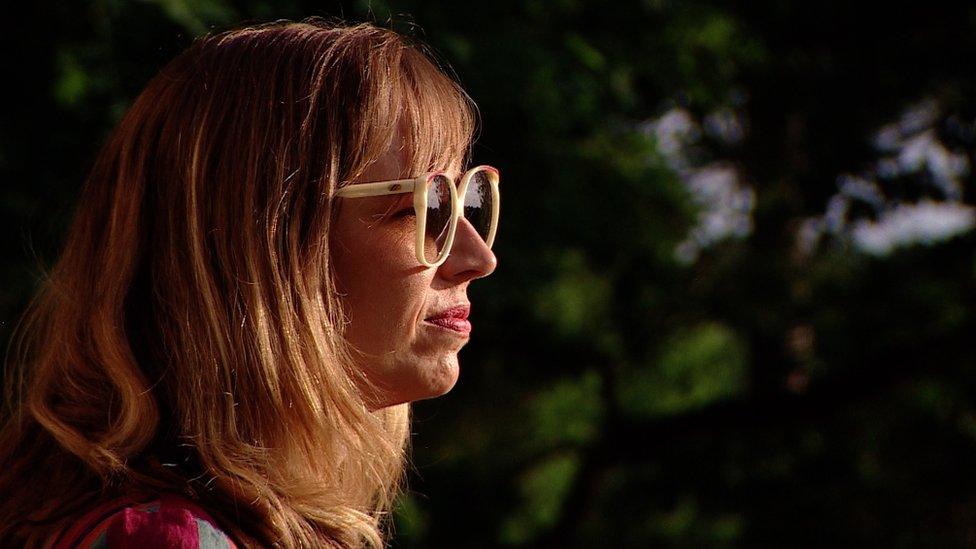
Annie Farmer was the only victim of Epstein's who used her name in court
In the days leading up to Maxwell's sentencing, Ms Farmer sought solace in her husband and dogs at her quiet home with a tranquil view of the lake. Tuesday's ruling marks the end of a gruelling chapter.
Ultimately, despite how difficult it was to recount those moments, the opportunity to tell the jury what happened was a healing one, Ms Farmer said. She believes this trial highlighted the truths about how these crimes often unfold, and particularly, about the grooming process, a term experts use to describe how abusers build relationships with their victims over time so that they can exploit them in secret.
"When predators are combining gifts and attention and positive things with abuse, it can be very confusing especially for young people to sort out what's happening because it's almost designed to make us question and doubt ourselves, like someone who's doing these nice things surely also wouldn't be trying to harm me in this way," she said.
She hopes it will help others to be on the lookout and to recognise the signs of grooming when it's happening.
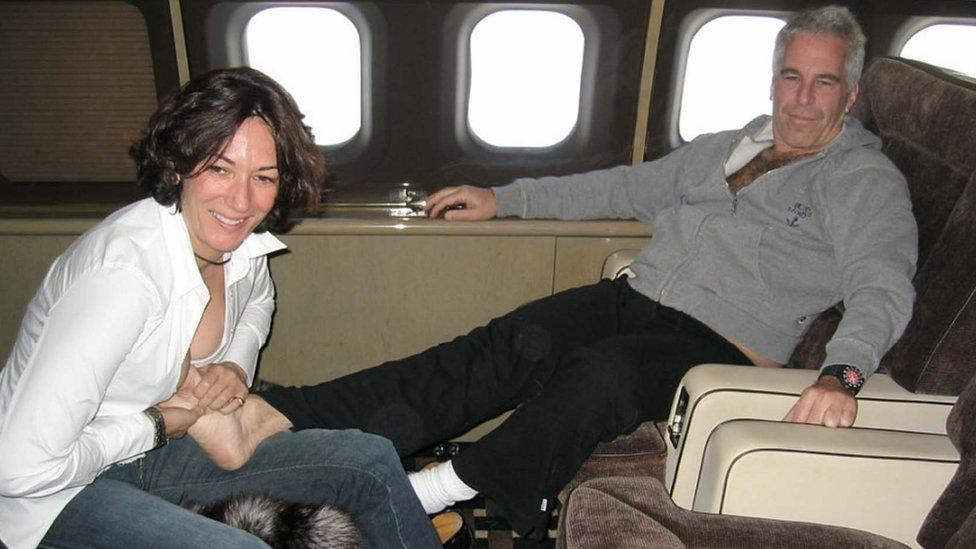
A photo of Ms Maxwell rubbing Epstein's feet aboard his private plane was shown to jurors during her trial
Maxwell's trial also offered the public a glimpse into her and Epstein's luxurious lifestyle and relationship - from their connections to presidents and princes to what happened behind closed doors in Epstein's opulent properties in Florida, New York, New Mexico and the Virgin Islands.
But a huge cloud of mystery still surrounds the duo.
Lawyer David Boies, who represents dozens of Epstein's accusers including Ms Farmer, said many of his clients are concerned that despite lingering questions, the justice department will consider the wider Epstein case now closed and won't go after his other alleged accomplices.
Four former Epstein employees and assistants - Sarah Kellan, Lesley Groff, Adriana Ross and Nada Marcinkova - were described in a 2007 non-prosecution agreement as "potential co-conspirators".
Controversy has also surrounded Prince Andrew after an infamous photo of Maxwell and him, with his arm around a 17 year old named Virginia Giuffre, surfaced. Ms Giuffre is also represented by Mr Boies, and has accused both the prince and Epstein of sexual abuse.
The prince settled a civil lawsuit with Ms Giuffre earlier this year, although he admitted no wrongdoing. He was not named in Maxwell's trial and has not been charged with any crime.
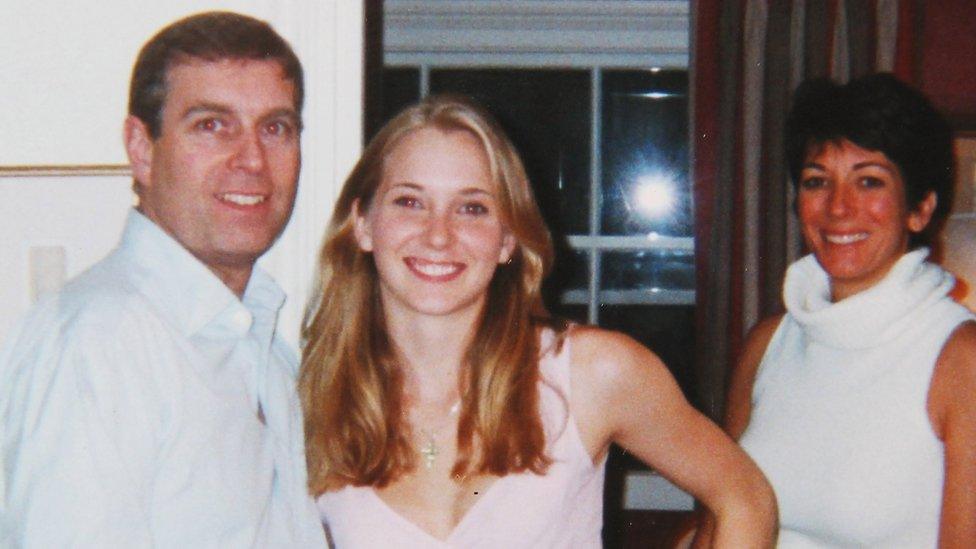
Prince Andrew, Virginia Roberts and Ghislaine Maxwell in 2001
"This could not have gone on at the scope it went on and for the years it went on without the cooperation and complicity and collaboration of many people" Mr Boies said, "some of them rich and powerful and politically connected."
After a long battle to be heard, Ms Farmer said she and the other women are grateful they have gotten this far in their quest for accountability. Overall, though, she feels the Department of Justice still has a lot to answer for in terms of how they handled this case.
She and her sister, Maria, made the earliest known reports of abuse by Epstein to the NYPD and the FBI in 1996. For a decade, nothing happened, and Epstein and Maxwell continued to abuse others. Then, after investigators finally reached out and spoke to the Farmers and several other victims in 2006, Ms Farmer said it felt like another "big betrayal".
The women were "dismissed," she said, in favour of giving Epstein the now-infamous 2007 sweetheart deal.
That agreement saw Epstein plead guilty to lesser charges of soliciting a minor, instead of federal sex trafficking charges, which could have carried a sentence of life in prison. Instead, he received a 13-month prison sentence, which he served partly from home, and his alleged co-conspirators were given immunity.
In 2019, he was arrested on separate federal sex trafficking charges, and died in his prison cell. His death - under unusual circumstances - was ruled a suicide.
Ms Farmer said that even now, the women aren't getting answers to fundamental questions, such as where Epstein's money came from, how the organisation operated, the identities of others involved - whose names have been withheld in court documents, and how Epstein's death came to pass.
"That's a hard thing for survivors to swallow in terms of being able to move on," Ms Farmer said. "It's going to feel somewhat hollow of a victory if more information doesn't come out."
Related topics
- Published24 November 2021
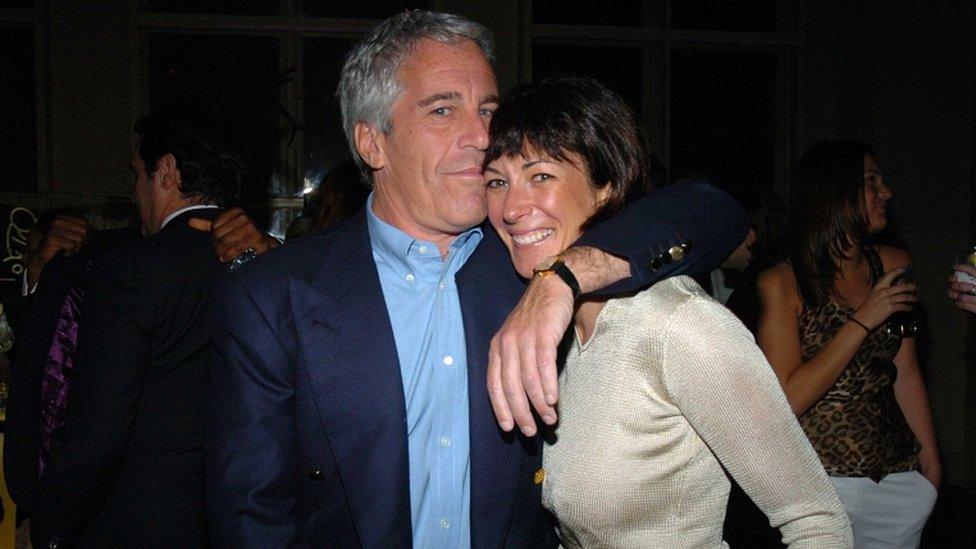
- Published1 April 2022
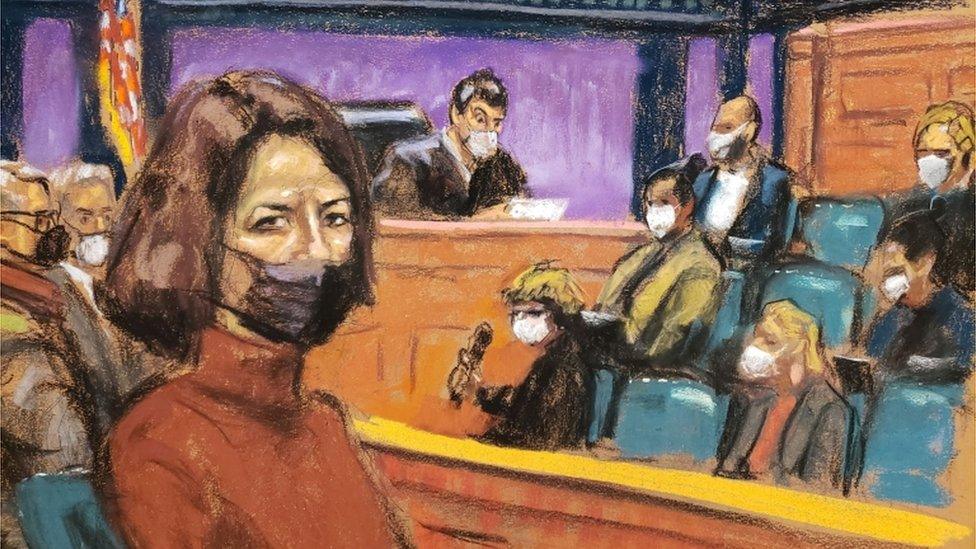
- Published16 June 2022
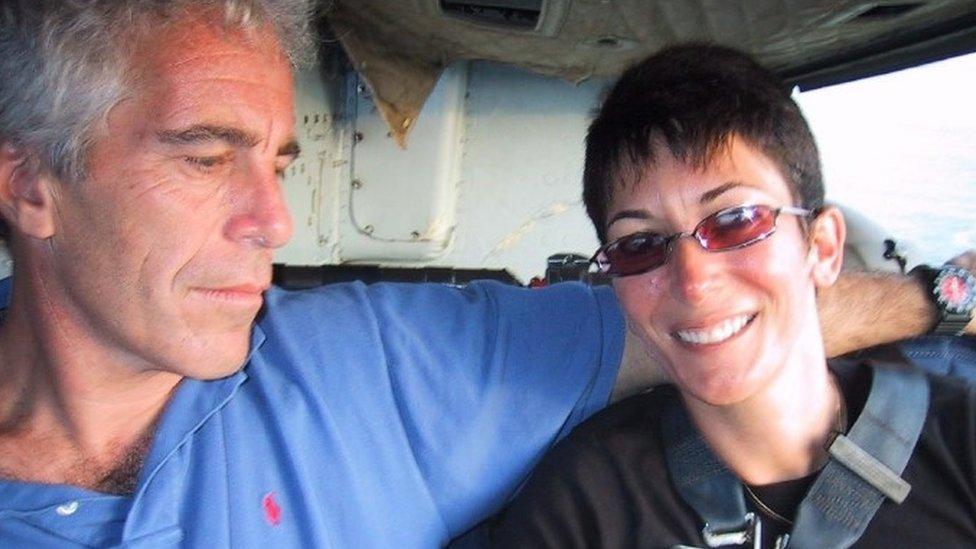
- Published30 December 2021
